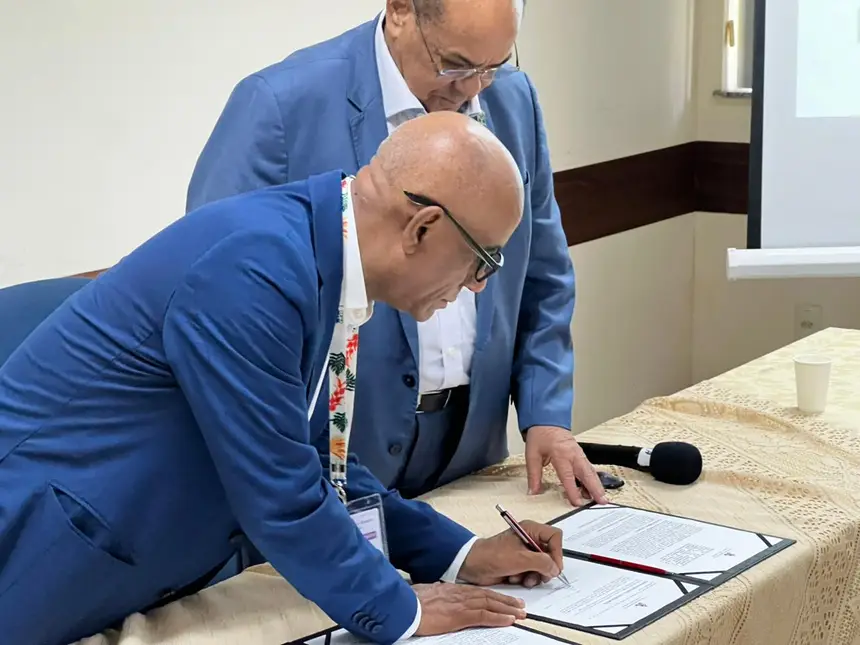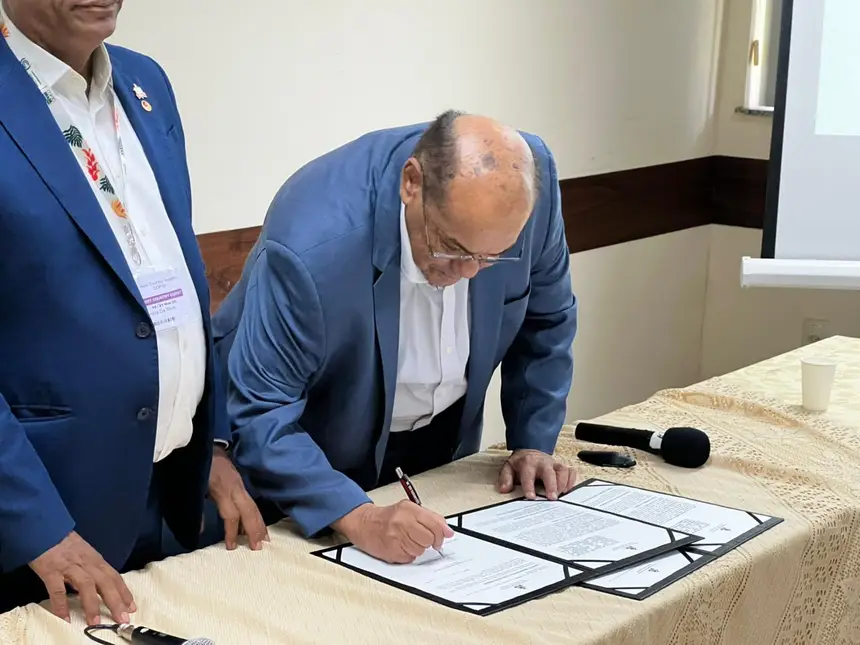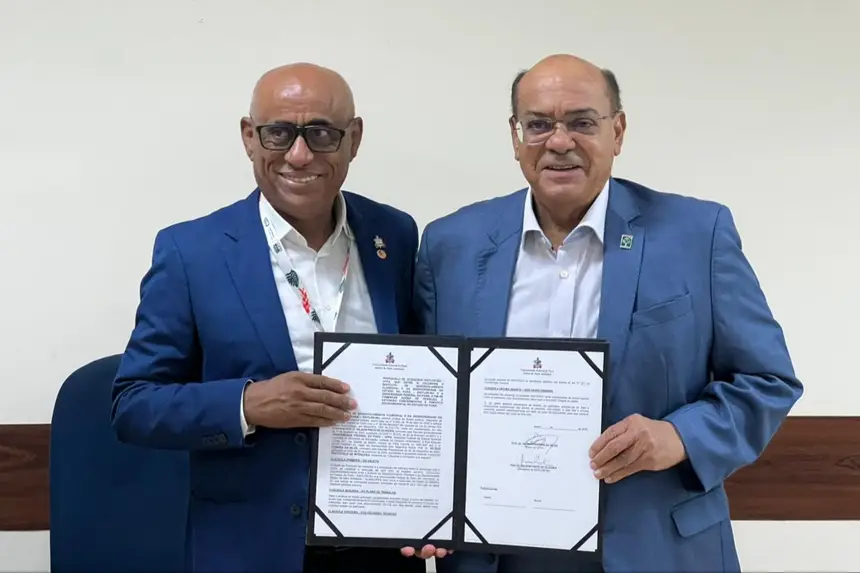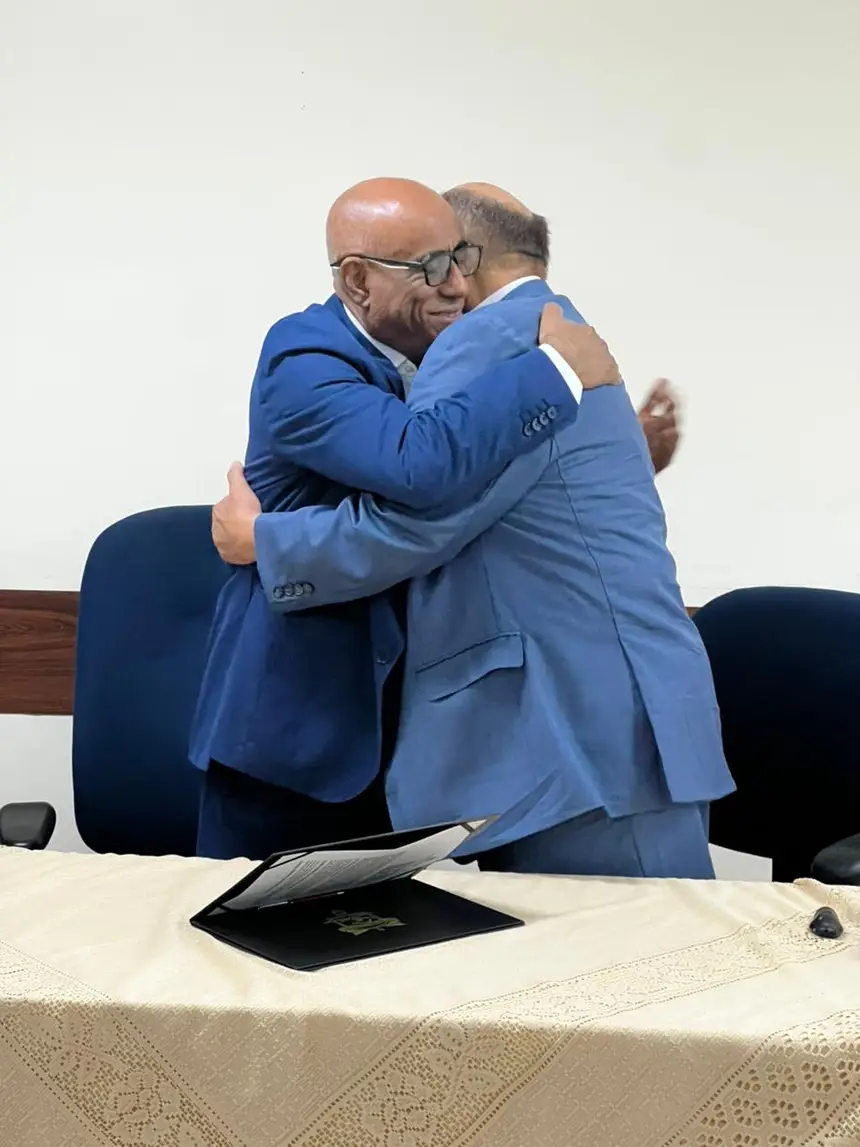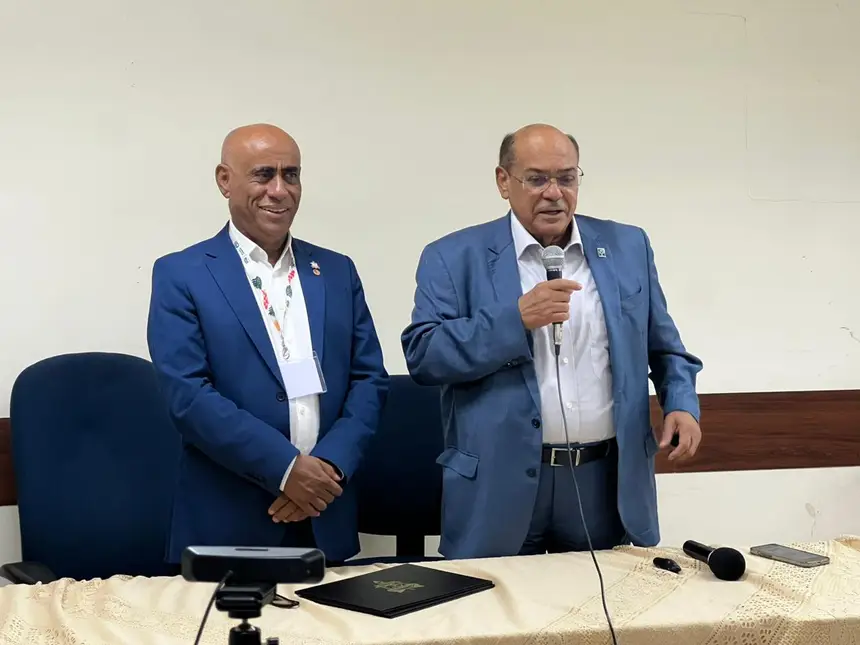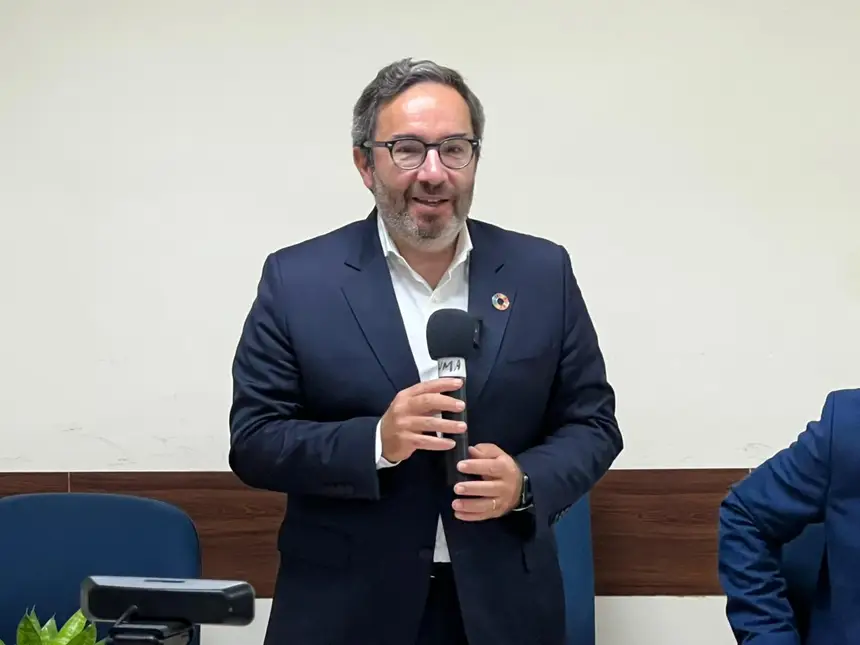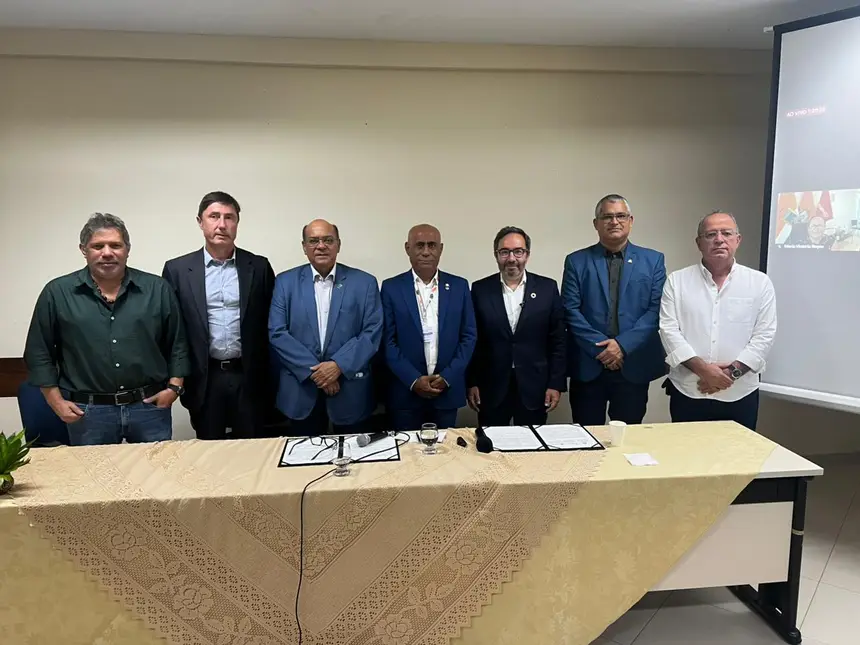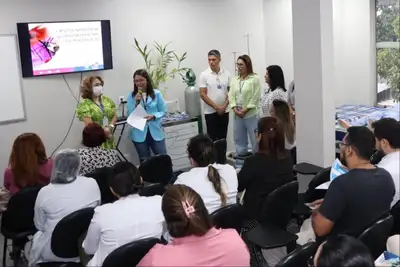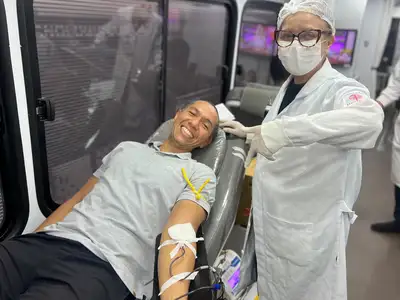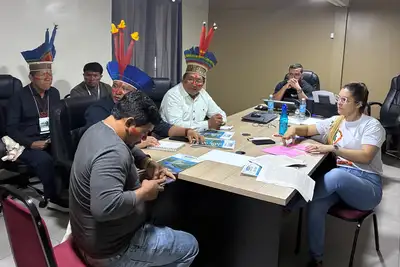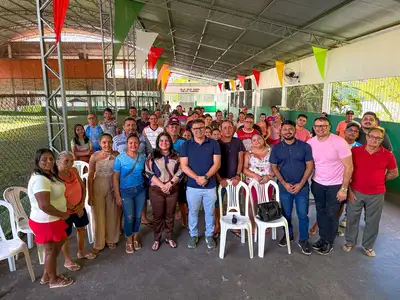Ideflor-Bio and UFPA sign agreement to advance socio-environmental research and create the Ecological-Economic Macro-zoning of Marajó
The ceremony was attended by authorities, researchers, students, and guests, including the Under-Secretary-General of the United Nations and Executive Director of the United Nations Office for Project Services (UNOPS), Jorge Moreira da Silva
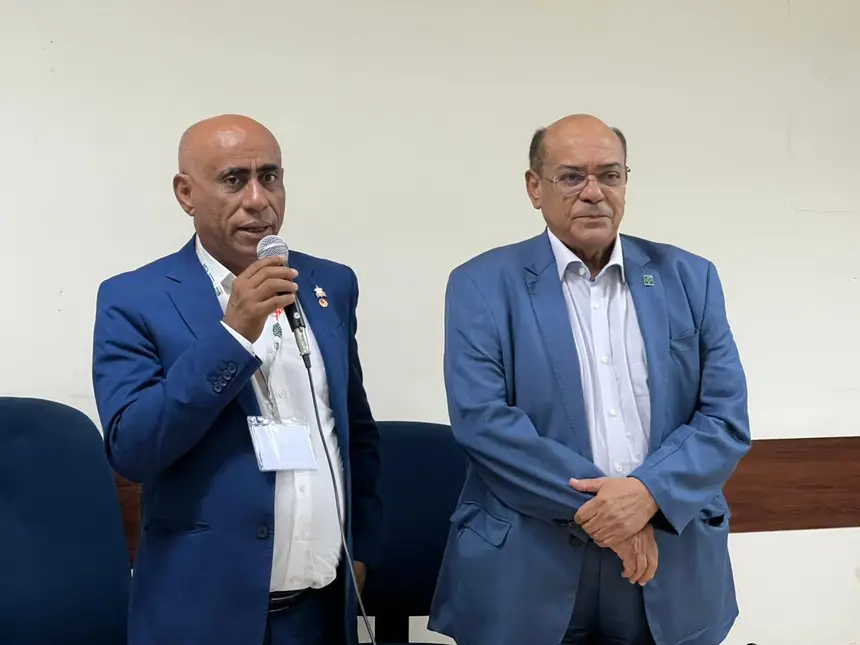
The Government of Pará, through the Institute of Forest Development and Biodiversity (Ideflor-Bio) and the Federal University of Pará (UFPA), signed a Technical Cooperation Agreement (ACT) for the execution of joint projects aimed at strengthening the socio-environmental agenda in the state. Among the planned actions is the development of the Ecological-Economic Macro-zoning of the Marajó Archipelago, a historical and strategic demand for the sustainable development of the region.
The ceremony took place during the event "Amazon Connections: Climate Justice and COP30" on this Monday (10), promoted by the Environmental Nucleus (Numa/UFPA), which runs until this Wednesday (13) in Belém. The event was attended by authorities, researchers, students, and guests, including the Under-Secretary-General of the United Nations and Executive Director of the United Nations Office for Project Services (UNOPS), Jorge Moreira da Silva, who had an institutional agenda at UFPA during the event.
The ACT was signed by the president of Ideflor-Bio, Nilson Pinto, and the rector of UFPA, Gilmar Pereira da Silva. The document establishes cooperation for the decentralized execution of research, studies, and extension activities, focusing on socio-environmental themes. The actions will be coordinated by Numa, a UFPA unit dedicated to scientific production, training, and the development of public policies in the environmental area.
Advancement in research - During the signing, the president of Ideflor-Bio highlighted the dimension and importance of the partnership, especially for the advancement of science-based public policies. "It is an honor and a huge advancement for Ideflor-Bio. The Institute manages 29 nature conservation units, over 200,000 square kilometers of protected areas in various categories. Making these areas available for studies is essential for research to be converted into benefits for the population. With the University, and through Numa, we are taking an important step," he stated.
Nilson Pinto also emphasized that one of the first actions of the ACT will be to lay the groundwork for the Ecological-Economic Macro-zoning of Marajó. He recalled that Pará completed its state macro-zoning in 2005 but left the archipelago out. "To this day, Marajó pays the price for this absence. We are asking Numa, under the leadership of Dr. Gilberto, who was one of those responsible for the previous macro-zoning, to complete the work. This is related to social justice, climate justice, and territorial organization so that the Marajoara population can grow sustainably," he reinforced.
Cooperation - The rector of UFPA, Gilmar Pereira, celebrated the institutional reunion with former rector Nilson Pinto and highlighted the relevance of the agreement. "It is a pride to be able to sign with you and with the State Government. Putting theoretical actions into daily practice is essential. Numa was created during your administration and it is symbolic that we are now signing this ACT in a strategic area of the country, which is Marajó. An extraordinary archipelago, with a large population and historical challenges. We are available to work together for the development of Pará," he said.
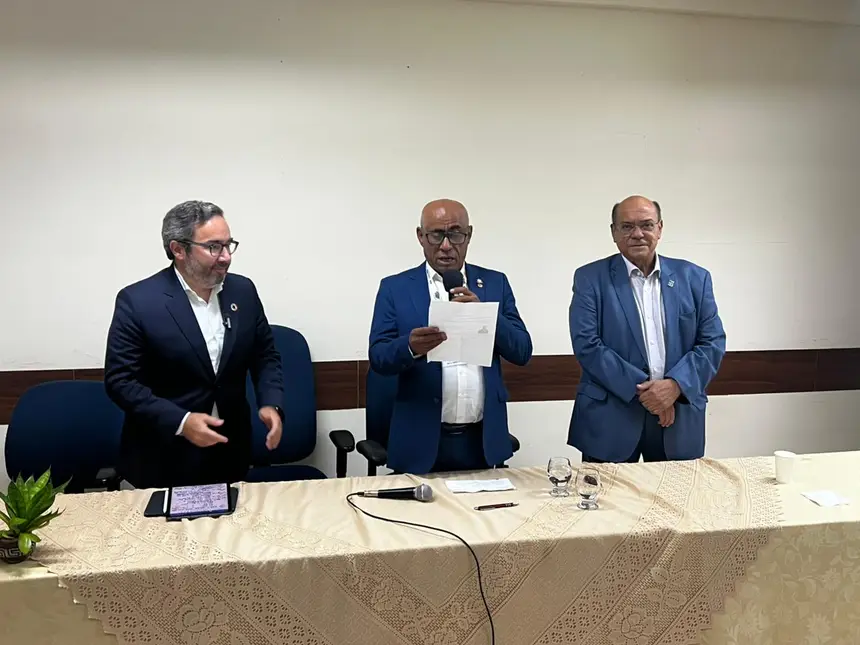
Gilmar also emphasized UFPA's role in regional development and in strengthening education and science in the Amazon. He recalled that today the University is the largest in the region and the third largest in the country, a result of the interiorization and expansion of postgraduate studies. "UFPA has played an extraordinary role in the development of the state. This makes us all proud, and we will continue to contribute to transforming realities and promoting applied knowledge," he declared.
The expectation of the institutions is that the results will contribute to qualifying public policies, strengthening territorial management, and expanding the access of the Amazonian population to sustainable solutions, especially in historically vulnerable regions, such as Marajó.



